Description
HED4809 Assignment 2 Memo | Due July 2025. All questions fully answered. Introduction (10) – Provide an overview of the key sociological theories (Conflict Theory, Functionalism, and Marxist Theory) that will be examined in the assignment. – Briefly introduce the relevance of these theories in analysing social inequality, class consciousness, and educational systems. – State the purpose of your assignment and give an outline of the topics you will address in each section. 2. Body (15) Conflict Theory and Functionalism – Define and explain Conflict Theory and Functionalism as two primary sociological frameworks for understanding social structures and institutions. – Compare and contrast these theories, highlighting how Functionalism views society as a system of interrelated parts working towards stability, while Conflict Theory emphasizes power struggles and inequality. – Provide examples of how these theories interpret the role of education, with Functionalism seeing education as a means of promoting social cohesion and Conflict Theory viewing it as a mechanism for reinforcing inequality. Marxist Theory (15) – Outline the basics of Marxist Theory, focusing on Karl Marx’s ideas about class conflict, economic power, and the role of ideology in perpetuating social hierarchies. – Discuss how Marxist Theory is applied in contemporary sociology to analyze capitalist society and the relationship between the ruling class (bourgeoisie) and the working class (proletariat). – Explain how education serves as a tool for maintaining the capitalist system and reproducing class inequalities according to Marxist perspectives. Class Consciousness, False Consciousness, and Hegemony (15) – Define and discuss the concepts of class consciousness and false consciousness, as described in Marxist Theory. – Explain how these concepts relate to individuals’ understanding (or lack thereof) of their social and economic position within capitalist societies. – Introduce the concept of hegemony, as developed by Antonio Gramsci, and analyze how it relates to both the promotion of ruling class values and the suppression of alternative viewpoints. – Provide examples of how these concepts might manifest within educational institutions, such as the promotion of dominant ideologies and limited critical perspectives on class and inequality. A Neo-Marxist Interpretation of Schooling in Capitalist Society (15) – Explain Neo-Marxist approaches to education and their critique of traditional Marxism, particularly regarding the role of education in shaping ideology. – Discuss how Neo-Marxists view schooling as both a tool of the capitalist state and a potential site of resistance against inequality. – Address historical impediments to educational reform and compensatory education programs aimed at reducing inequality. – Examine the intellectual and cultural impediments in education that limit access and equal opportunity for marginalized groups, with specific attention to poverty. Poverty and Problems with Functionalism (15) – Define poverty and its impact on access to quality education, as well as its effects on broader social outcomes. – Critique the limitations of Functionalism in addressing issues of poverty and educational inequality, particularly its tendency to ignore structural causes of inequality and its assumption of meritocracy. – Discuss alternative perspectives, such as Conflict Theory and Neo-Marxist critiques, that provide a more critical understanding of how poverty and social class affect educational attainment. 3. Conclusion (10) – Summarise the key arguments made in the body of your assignment, focusing on how each theory contributes to a deeper understanding of education, inequality, and social class. – Reflect on the limitations of each theoretical perspective and suggest how an integrated approach might provide a more comprehensive view of education and society. – Conclude with your perspective on the role of education in addressing social inequality and promoting class consciousness.





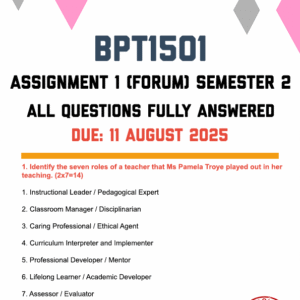
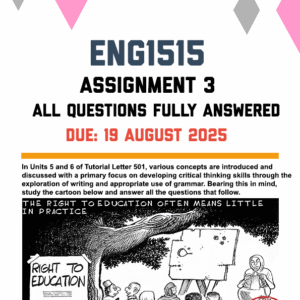
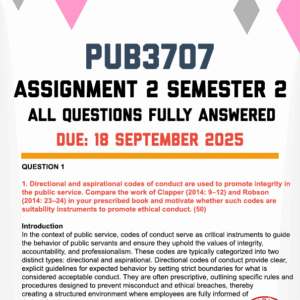
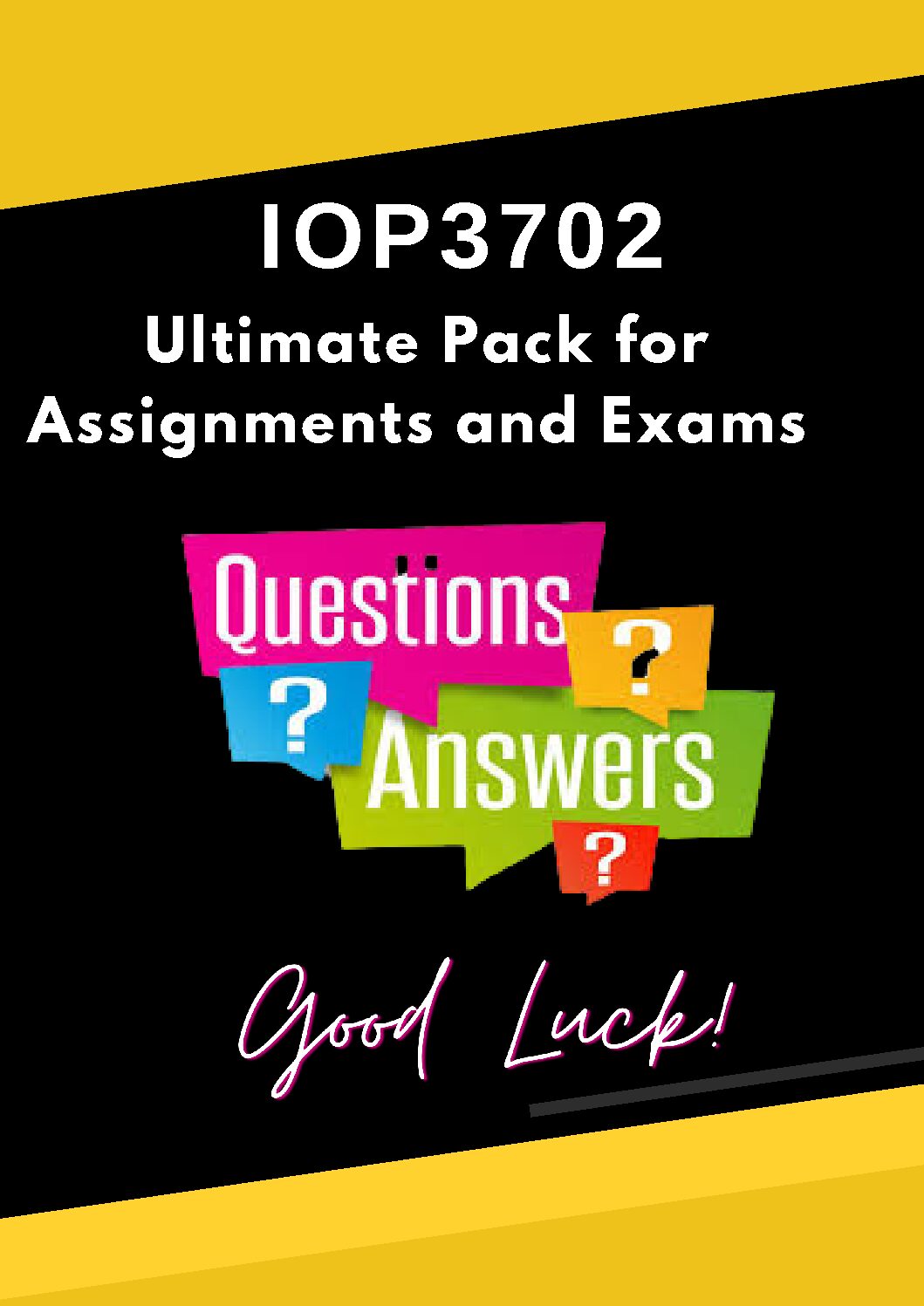

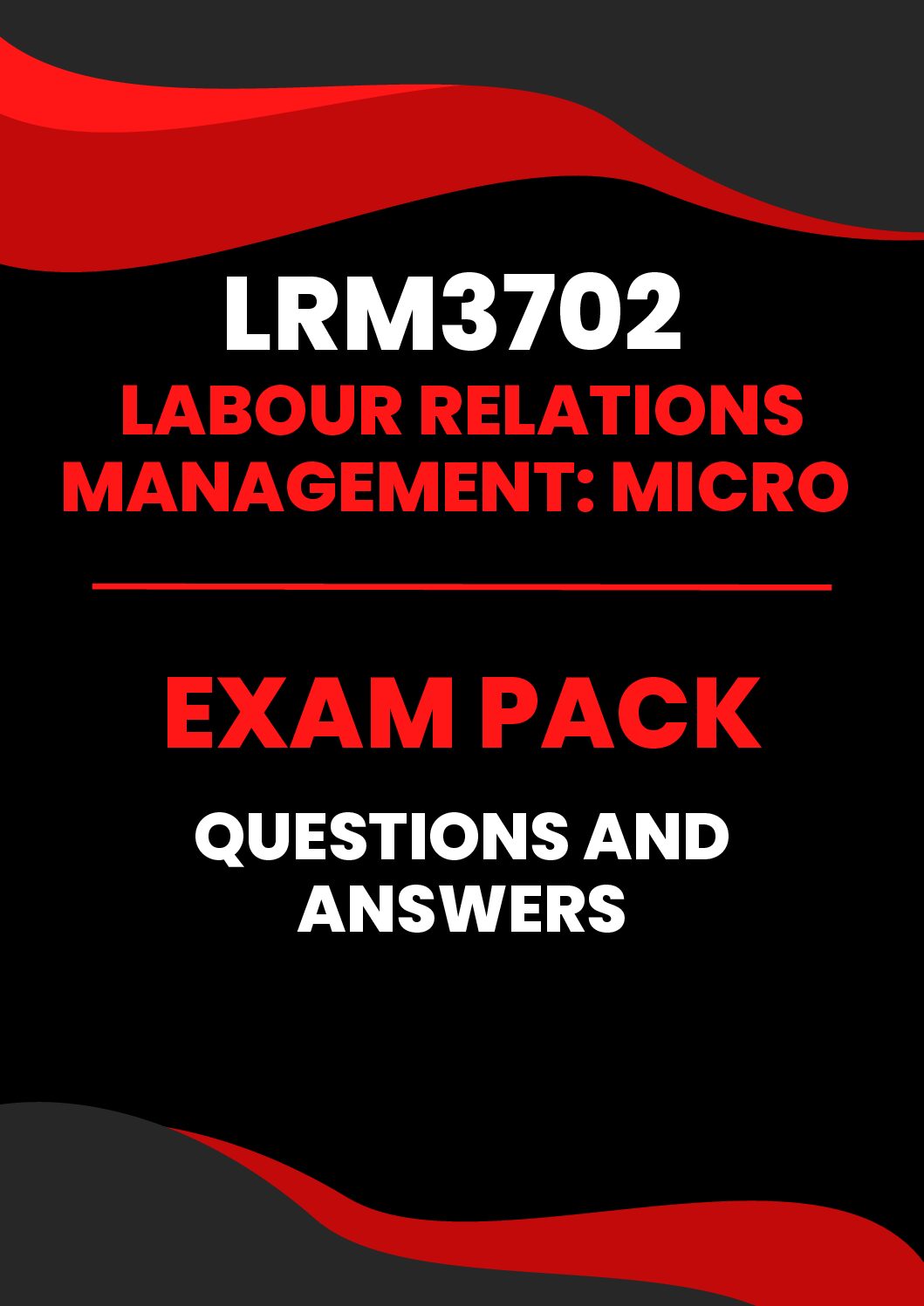

Rianabae –
Thank you, this really helped!
Lungiswazi –
⭐⭐⭐⭐⭐